What we learned on Day 1 at SEC Spring Meetings

The show officially got started in Destin on Monday night when commissioner Greg Sankey addressed the media for 40-plus minutes, but day one at SEC Spring Meetings didn’t officially start until Tuesday. There was plenty to unpack.
Sankey, football head coaches, athletic directors, and university presidents all hopped in front of a microphone to discuss the most important topics facing the SEC and college football at-large. The major players — as expected — were the transfer portal, future College Football Playoff (CFP) format, House settlement, and what the conference’s permanent schedule will become.
This is what we learned.
Everyone wants something different with the transfer portal
Let’s start with the good — everyone seems to recognize that two separate transfer portal windows are unnecessary in a college football offseason. That at least gives us a good start. Where things get interesting is with the window logistics.
In January at the American Football Coaches Association (AFCA) convention in Charlotte, coaches presented a proposal for a single portal window in January. The only problem is that decision-makers might not agree with them.
SEC coaches backed the AFCA this week and have unanimously decided that they want the portal window in January. The only problem is that they are not the ones making the decision. That ruling will be made by a group of power conference athletic directors in the House Implementation Committee. Yes, there is another committee in high-end college athletics. At Big Ten spring meetings, their coaches supported a spring window from March-April for the portal. Some administrators may want the single window to occur in May once spring semesters finish and the yearly clock for revenue-sharing resets each season to conceivably make meeting payroll easier.
This is complicated just like with everything else. The SEC coaches have spoken. Will they get their wish?
The SEC has a problem with the CFP selection committee
Folks around the league are really, really upset with how teams were selected in the first 12-team playoff. That has ultimately led to a push to expand the format to 16 teams once the new ESPN contract begins in 2026. But there is division amongst the ranks.
Greg Sankey presented multiple models to coaches during meetings at the Hilton Sandestin on Tuesday. The coaches seemed to favor the 5+11 model that would give the four power conference champions and the highest-ranked Group of Five champion five automatic bids with the final 11 bids determined the the selection committee. But the SEC administration is not on board.
Florida athletic director Scott Stricklin would like to outright eliminate a selection committee.
The 5+11 model was a proposal presented by the ACC and Big 12 as a rebuttal to the 4+4+2+2+1 model reportedly created by Big Ten commissioner Tony Petitti. That format would guarantee multi-team access for every power conference and creates a potential additional revenue stream via play-in games. Those play-in games would take place on Championship Saturday where the No. 3 team and No. 4 team in the Big Ten/SEC would host the No. 6 team and No. 5 team in a campus game along with the neutral-site championship in Indianapolis and Atlanta that would include No. 1 vs. No. 2. The championship game participants would be guaranteed two of the league’s four auto bids while the other two would go to the winners of the play-in games. This is something that the Big Ten and SEC could sell to ESPN/FOX to gain more television revenue. Adding more cash is a top goal for every university since their budget sheet has changed drastically with revenue-sharing scheduled to arrive in just over month.
That is where there is separation.
The move to a nine-game conference schedule likely only happens if the SEC gets automatic bids. That guaranteed access is needed for leverage as coaches still apparently prefer an eight-game model. When looking at some of the historical data of how bids would’ve worked in the past, there are plenty of reasons why the SEC should like this model — outside of the lost revenue that an additional extra game and revamped Championship Saturday could create.
Top 10
- 1New
Greg Sankey reacts
House vs. NCAA Settlement
- 2Hot
Landmark Approval
House vs. NCAA Settlement
- 3
EA Sports CFB 26
Schools paid based on usage
- 4
Manning Passing Academy
College QB attendees announced
- 5Trending
Keelon Russell
Mother releases statement
Get the On3 Top 10 to your inbox every morning
By clicking "Subscribe to Newsletter", I agree to On3's Privacy Notice, Terms, and use of my personal information described therein.
What happens if they go this route and stay with a eight-game schedule? Greg Sankey said this week that there are models in place to protect primary rivalries like Texas-Texas A&M and Auburn-Alabama along with secondary rivalries like Alabama-Tennessee and Texas-Arkansas.
The administrators want nine games, but that could ultimately come down to what is decided when the power conference commissioners all meet again with the CFP. This where the memorandum of understanding signed last year that gave the SEC and Big Ten decision-making power comes into play. The big two could just force their automatic model into play. However, it’s worth noting that SEC coaches seem to favor the ACC and Big 12’s proposal.
Sound messy? Well, it is.
More help is needed whenever the settlement passes
Getting the House v. NCAA settlement passed by Judge Claudia Wilken will be a big step in the right direction. That will bring revenue-sharing to athletes and some potential NIL guardrails, but lawsuits are not expected to stop.
College athletics is still turning to Congress for some help.
“I think they’ll be more litigation. I think ultimately, if we don’t get a Congressional solution, we may never solve this issue,” Georgia president Jere Morehead told Paul Finebaum on Tuesday. “But I’m hopeful that the House settlement will put some parameters around future litigation, and give us a better place to litigate whatever issues some plaintiff attorney comes up with next.”
That means some more trips to Capitol Hill in the near future for college sports leaders. This is all being done because college athletics is doing everything it can to prevent athletes from becoming employees.
The settlement — once passed — is a step in the right direction but more assistance is needed. Do not expect the lawsuits to stop. These new rules established will be challenged in courtrooms.
Paul Finebaum vs. Lane Kiffin
The duo’s complicated relationship continued on Tuesday on the beach in the Florida panhandle. They really are frenemies.
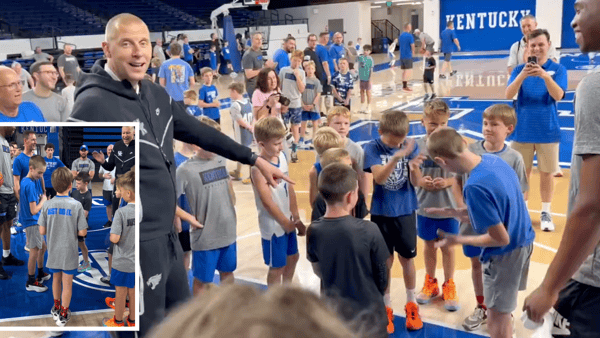

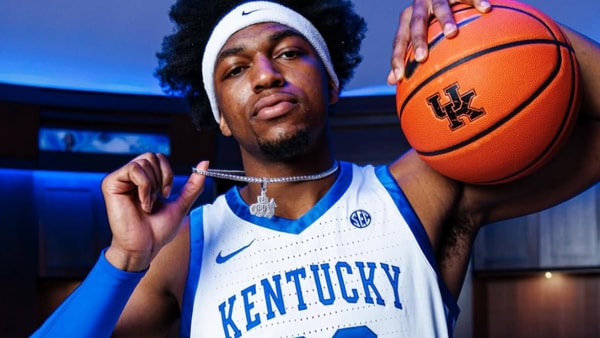

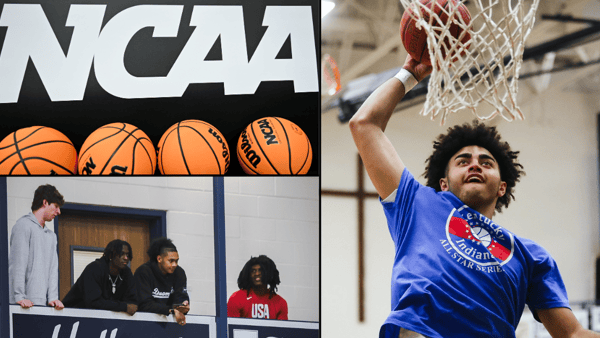
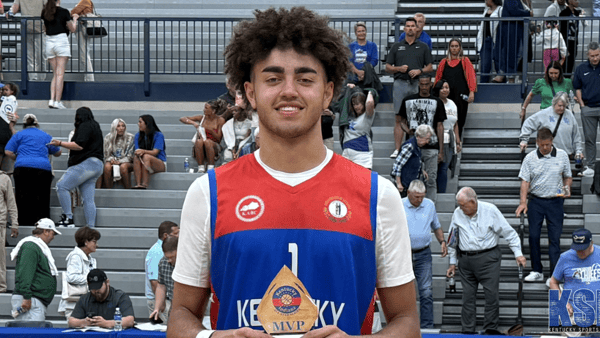
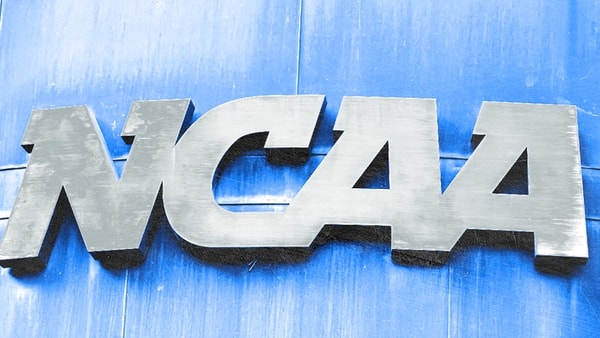
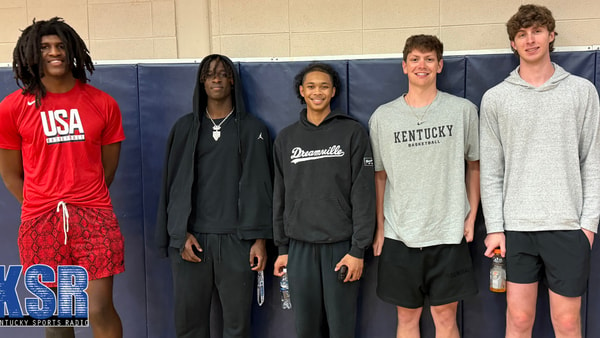
Discuss This Article
Comments have moved.
Join the conversation and talk about this article and all things Kentucky Sports in the new KSR Message Board.
KSBoard